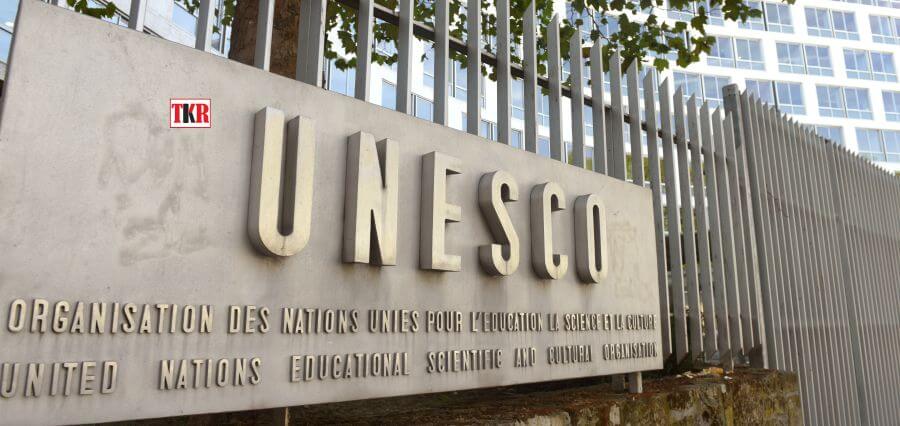Despite significant progress towards achieving universal primary education, with over 85% of children completing their primary education, a renewed focus is needed to address the health and well-being of learners aged 5-12. A global study on school health and nutrition highlights the need for more robust action, as school feeding programmes only reach 45% of learners in lower middle-income countries and 20% in low-income countries.
The health and well-being of children are influenced by various factors, including home context, peer violence, abuse, lack of nutrition and physical activity, and the negative effects of technology. The education system must evolve to address these challenges, particularly during the critical period of development between ages 5-12.
UNESCO’s “Building Strong Foundations” initiative aims to champion every child’s health, education outcomes, and future by spotlighting children’s health and well-being in and through primary education. Learning about health and well-being early on has been shown to have multi-faceted benefits, including healthier transitions into adolescence and adulthood, better protection from violence, and fostering healthy relationships, civic engagement, gender equality, and inclusive practices.
Supporting children’s healthy development and well-being enhances their ability to concentrate and retain knowledge, promotes positive relationships with teachers and peers, and leads to more enriching educational experiences.
To implement the initiative, UNESCO and UNICEF have co-published technical briefs providing evidence-based guidance for ministries of education, curriculum developers, policy-makers, school management, educators, and other stakeholders. The briefs will be launched at an international symposium in Lusaka, followed by a technical meeting to support eight ministries of education in reviewing their primary school curricula on health and well-being.
The initiative is being launched in the presence of Stefania Giannini, UNESCO Assistant-Director General for Education, Zambia’s Minister of Education, UNICEF’s Global Education Director, and other key stakeholders.
Read More: https://theknowledgereview.com/









